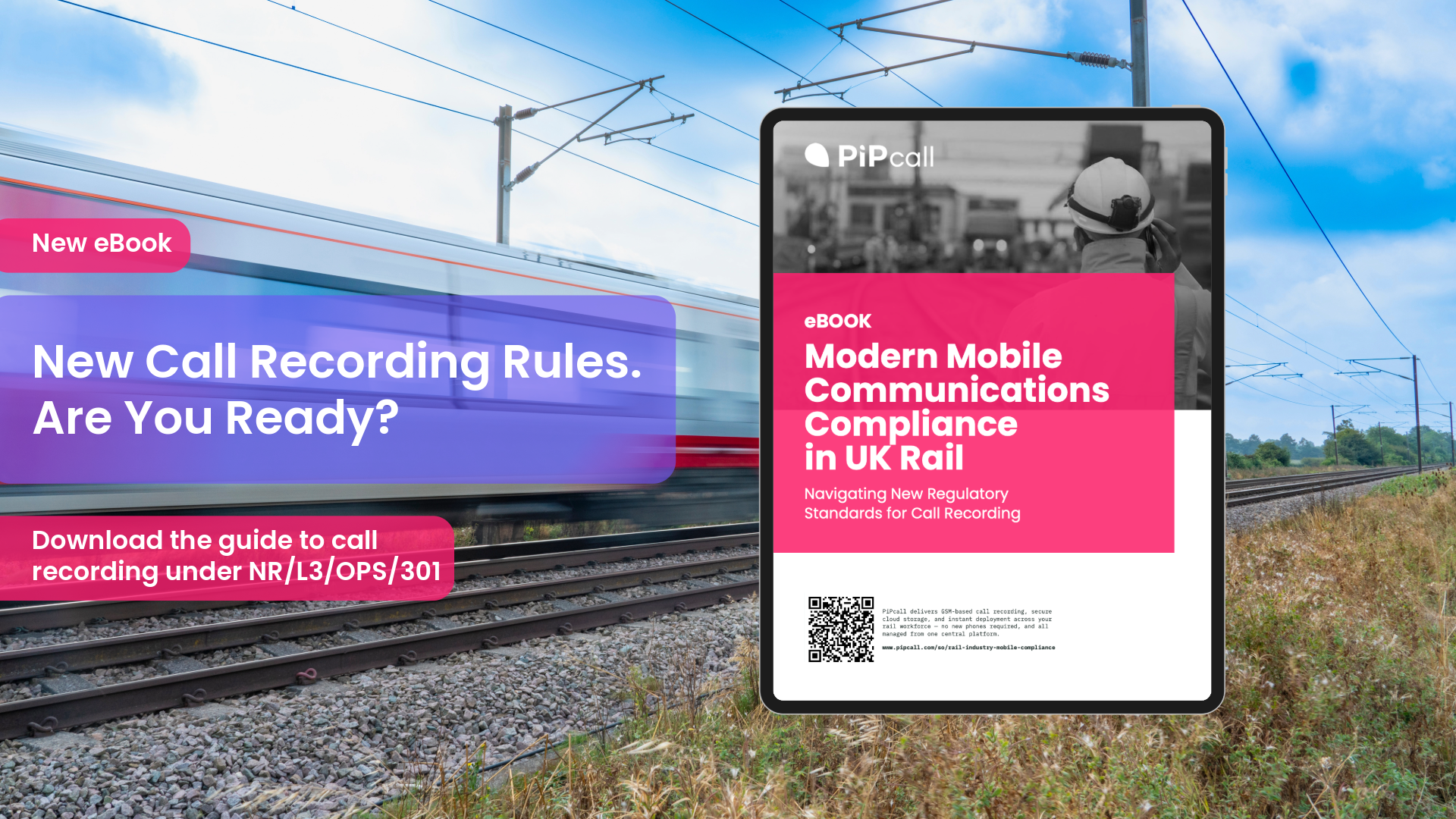In today’s digital age, BYOD – Bring Your Own Device -- has gained significant traction, presenting both opportunities and challenges for organisations. Implementing BYOD is an exciting prospect for empowering employees to work anytime, or anywhere, using devices they are comfortable with. But it can unearth new challenges, such as managing costs, maintaining a consistent level of service and being GDPR compliant.
In this blog, we’ll explore what BYOD is, BYOD advantages and disadvantages for mobile and how the right solution can solve all your business mobile calling problems.
What is BYOD?
BYOD stands for Bring Your Own Device. Put simply, it means allowing employees to use their own devices like mobile phones, as well as laptops and tablets for work purposes. This is a departure from the traditional business practice of issuing work devices –sometimes referred to as ‘Here’s Your Own Device’ (HYOD).
BYOD embraces are more flexible, employee-centric approach to productivity. People are granted the freedom to use their preferred handsets, leveraging the familiarity and convenience they offer. This personalised approach recognises that employees are accustomed to their own devices, allowing them to work without the need to adapt to unfamiliar hardware and software, or lug around multiple devices.
What are the BYOD advantages and disadvantages?
With BYOD gaining traction and because mobile calling remains a key pillar of business communications, it’s important to understand the BYOD advantages and disadvantages for mobile devices.
Advantages
1. Increased productivity
Allowing employees to use their own devices can lead to increased productivity as they are familiar with the interfaces, apps, and features. From a business standpoint, this flexibility accelerates employee output, enabling tasks to be executed anywhere – which is especially important for on-the-go workers.
2. Cost-savings
BYOD is extremely cost-effective. Firstly, it eliminates the need to purchase and maintain a fleet of mobile devices, including device replacements in case of theft or breakages. It also saves time and money on training and onboarding as employees are already accustomed to their mobiles.
3. Improved sustainability
Increasingly, sustainability is high on the agenda for business leaders. When it comes to cutting emissions, every little helps and a BYOD policy can reduce overall carbon footprint as it leads to fewer device purchases and longer device lifecycles.
Disadvantages
1. Security risks
Implementing a BYOD solution without careful consideration and robust security measures exposes businesses to unauthorised access, cyber threats, and other malicious activities. In particular, there is a large risk of breaching GDPR, as the personal and work lives of employees become intertwined. For example, with contact details and phone numbers all being stored in one place. Implementing stringent data-protection measures is crucial to safeguard sensitive information.
2. Data storage and retrieval
Similarly, when an employee leaves a company, it can be difficult to retrieve data stored on their personal device, like contacts. Employers have no control over if this work-related information will be deleted when they leave – which is a GDPR issue – and it can mean information is lost and no longer available to the company.
3. Managing costs
If you’re asking employees to use their personal devices at work, it can be tricky to figure out how to compensate them. Everyone will have a different phone bill, for example, with a different amount of minutes and access to data.
How PiPcall’s Mobile+ is transforming BYOD for mobile
It’s important to consider all the BYOD advantages and disadvantages before implementing it within your business. The good the good news is, PiPcall’s Mobile+ is revolutionising BYOD for mobile. By effortlessly integrating with employees' personal mobile phones, Mobile+ provides a single platform to manage work and personal calls, along with data usage. In short, you can enjoy all the usual BYOD advantages, without the cons. Mobile+:
✅Is GDPR compliant with a separate number and corporate directory for users
✅Can be removed from employees’ phones when they leave the business to protect data
✅Is easy to manage centrally with an intuitive admin portal
PiPcall's Mobile+ unlocks the full potential of BYOD, transforming it into a connected, efficient, and secure policy for businesses. Experience the rewards of heightened productivity, reduced costs, enhanced mobility, and improved employee satisfaction.
To find out more, contact us here.



.png)



